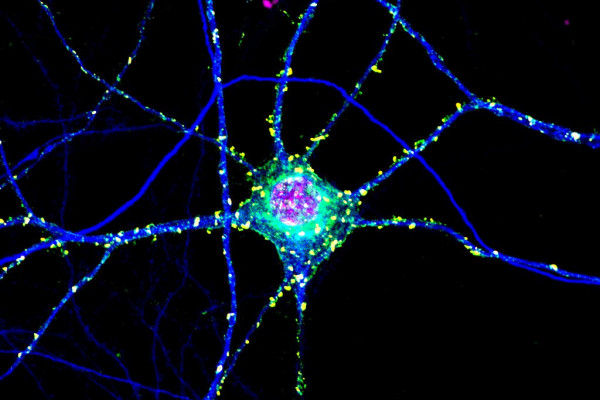Researchers have used stem cells to make neural implants more refined and with less scar...
Interviews with Scientists
Interviews about medicine, science, technology and engineering with scientists and researchers internationally...
Bird brained? In an experiment, both humans and pigeons were shown to assess risk in the same way.
Scientists can now spot the signs of dementia a lot earlier than ever before by using your eyes.
How common is depression in cancer and is it affected by the type of cancer diagnosis?
Scientists using quasars - massive black holes - to understand the origin of light in our universe
Honeybees are used worldwide as pollinators, but as numbers dwindle their price is increasing. Could bumblebees...
You scratch my back, I'll scratch yours. A motto you may not expect in the microbial world, but evidence has been...
How did Ebola and HIV first infect humans? Analysing viral DNA holds the answers to their evolutionary history.
New ideas in treating mental illness such as depression could mean that video games replace the iconic psychiatrist...
Bacteria are getting more and more resistant to antibiotics like penicillin. A way around this might be to use viruses...
Did our closest planetary neighbour ever habour life? And how would we ever find it?
Lasers are helping to create energy by using the suns rays.
One of a family of genes called Sirtuins, SIRT1 is one of seven human versions of genes found across pretty much all...
Michael Shannack has been studying fruit flies carrying an altered version of a gene called GSK3 which have longer...
I spoke to David Gems, professor of biogerontology at UCL, and asked him what we mean by “ageing" from a...
Sequencing your genes may mean better treatment but what happens to your genome once it has been sequenced? How is...
How facial recognition technology is helping diagnose rare diseases.
A gene that could cause a heart attack in one person, could have no effect on another. What could this mean for the...
Genes can determine everything about you - past, present and future - but how are they sequenced?
Expanding waist lines puts people at greater risk of developing ten of the most common cancers.
New research is showing that plants aren't such shrinking violets, and are communicating with each other through...
New research is showing that Ancient Egyptians were mummifying their dead a lot longer ago than previously imagined,...
New evidence suggests our theory of how the moon formed could be wrong.
